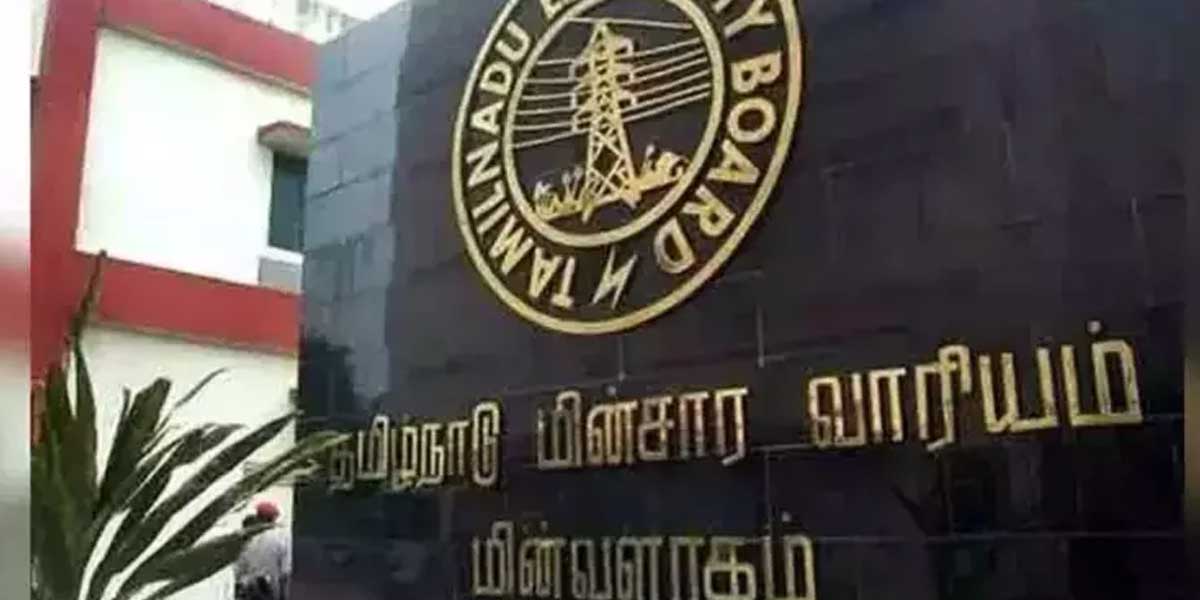
TNERC reviews Renewable Power backdown instructions amid controversy

Welspun Enterprises Wins 910 MLD Panjrapur WTP Contract
Welspun Enterprises (WEL), the infrastructure and energy arm of Welspun World, has secured a major contract from the Brihanmumbai Municipal Corporation (BMC) to design, build and operate a 910 million litres per day (MLD) Water Treatment Plant (WTP) at Panjrapur, Maharashtra.Valued at approximately Rs 31.45 billion, the project encompasses end-to-end civil, mechanical, electrical and instrumentation works, including the construction of a treated water sump and pumping station. Of the total value, nearly Rs 11.56 billion is allocated to Operations & Maintenance (O&M), with an additional..

Mitsubishi Power Wins Boiler Upgrade Contract for O Mon 1 Plant
Mitsubishi Power, a power solutions brand of Mitsubishi Heavy Industries, (MHI), has been awarded a contract to support the oil-to-natural-gas fuel conversion at the O Mon 1 Thermal Power Plant in Can Tho, southern Vietnam. As the OEM of the plant’s existing boiler, Mitsubishi Power will supply key equipment—including new gas burners—and implement a selective catalytic reduction (SCR) system to reduce NOx emissions and help the plant meet stricter environmental standards.The O Mon 1 facility includes two 330 MW units that commenced operations in 2009 and 2015, with all major equipment or..

Liebherr’s 10,000th XPower Wheel Loader Joins BERGER’s Fleet
BERGER Rohstoffe GmbH has welcomed the 10,000th Liebherr XPower wheel loader to its operations at the Schlag granite quarry in Passau. The milestone machine, officially handed over at Liebherr’s Bischofshofen plant in May 2025, underscores the long-standing partnership between BERGER, Liebherr, and the Beutlhauser Group. Equipped with Liebherr’s signature power-split travel drive, the new L 580 XPower is already delivering strong results under demanding quarry conditions.At the Schlag quarry, BERGER Rohstoffe processes approximately 200,000 tonnes of Bayerwald granite annually into high-qu..
















